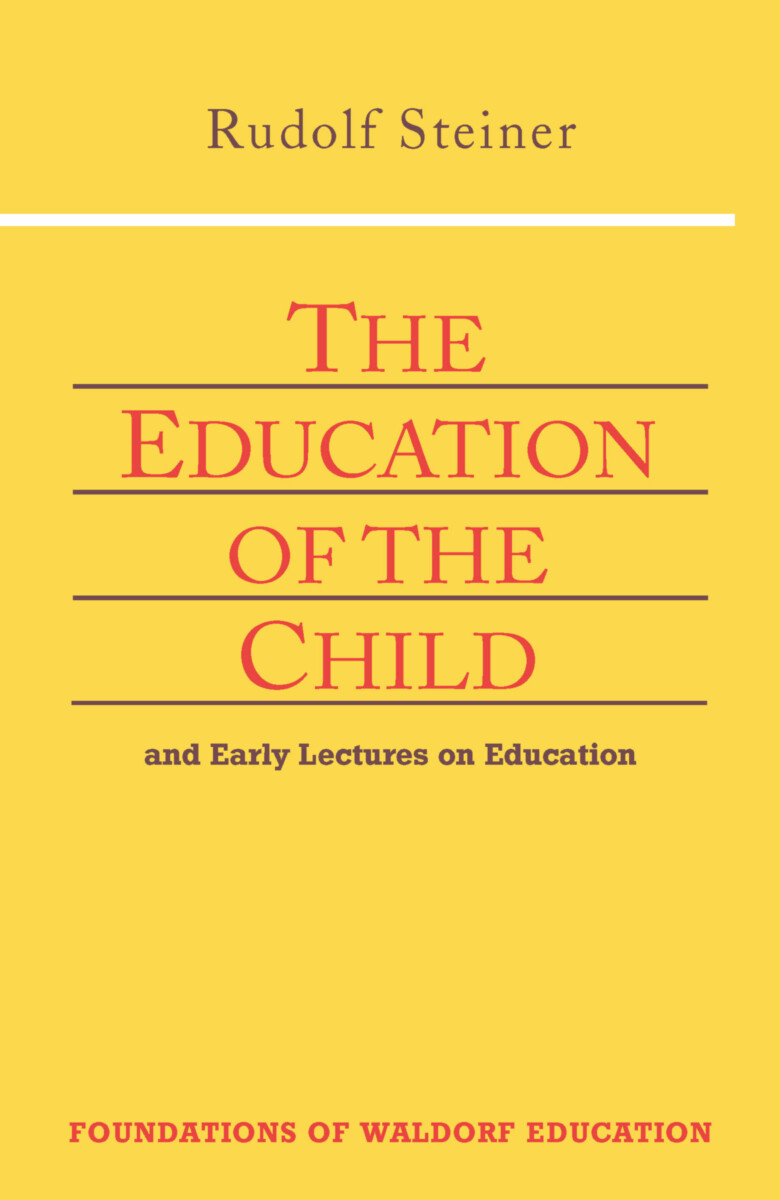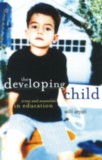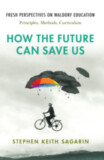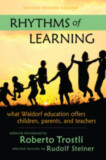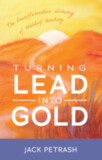The Education of the Child
And Early Lectures on Education (CW 293 & 66)
Introduction by Christopher Bamford
Translated by Mary Adams, Robert F. Lathe, Nancy Parsons Whittaker and Rita Stebbing
- Publisher
SteinerBooks - Published
1st May 1996 - ISBN 9780880104142
- Language English
- Pages 160 pp.
“It is necessary for human beings to remember not only what they already understand, but to come to understand what they already know—that is, what they have acquired by memory in the way the child acquires language.... In a certain sense, understanding things through concepts should proceed from the stored-up treasures of the memory. The more children know in memory before they begin to understand through intellectual concepts the better.” (p. 31)
As early as 1884, while tutoring a boy with special needs, Steiner began a lifelong interest in applying spiritual knowledge to the practical aspects of life. Steiner originally published the essay at the core of this book in 1907. It represents his earliest ideas on education, in which he lays out the soul spiritual processes of human development, describing the need to understand how the being of a child develops through successive “births,” beginning with the physical body’s entry into earthly life, and culminating in the emergence of the “I”-being with adulthood.
Also included are several early lectures on education, ranging from 1906 to 1911, well before the birth of the Waldorf movement in 1919.
C O N T E N T S:
Introduction by Christopher Bamford
PART ONE:
The Education of the Child in the Light of Spiritual Science
PART TWO:
Teaching from a Foundation of Spiritual Insight (Berlin, May 14, 1906)
Education in the Light of Spiritual Science (Cologne, Dec. 1, 1906)
Education and Spiritual Science (Berlin, Jan. 24, 1907)
Interests, Talents, and Educating Children (Nuremberg, Nov. 14, 1910)
Interests, Talent, and Education (Berlin, Jan. 12, 1911)
Rudolf Steiner
Rudolf Steiner (b. Rudolf Joseph Lorenz Steiner, 1861–1925) was born in the small village of Kraljevec, Austro-Hungarian Empire (now in Croatia), where he grew up. As a young man, he lived in Weimar and Berlin, where he became a well-published scientific, literary, and philosophical scholar, known especially for his work with Goethe’s scientific writings. Steiner termed his spiritual philosophy anthroposophy, meaning “wisdom of the human being.” As an exceptionally developed seer, he based his work on direct knowledge and perception of spiritual dimensions. He initiated a modern, universal “spiritual science” that is accessible to anyone willing to exercise clear and unbiased thinking. From his spiritual investigations, Steiner provided suggestions for the renewal of numerous activities, including education (general and for special needs), agriculture, medicine, economics, architecture, science, philosophy, Christianity, and the arts. There are currently thousands of schools, clinics, farms, and initiatives in other fields that involve practical work based on the principles Steiner developed. His many published works feature his research into the spiritual nature of human beings, the evolution of the world and humanity, and methods for personal development. He wrote some thirty books and delivered more than six thousand lectures throughout much of Europe. In 1924, Steiner founded the General Anthroposophical Society, which today has branches around the world.


